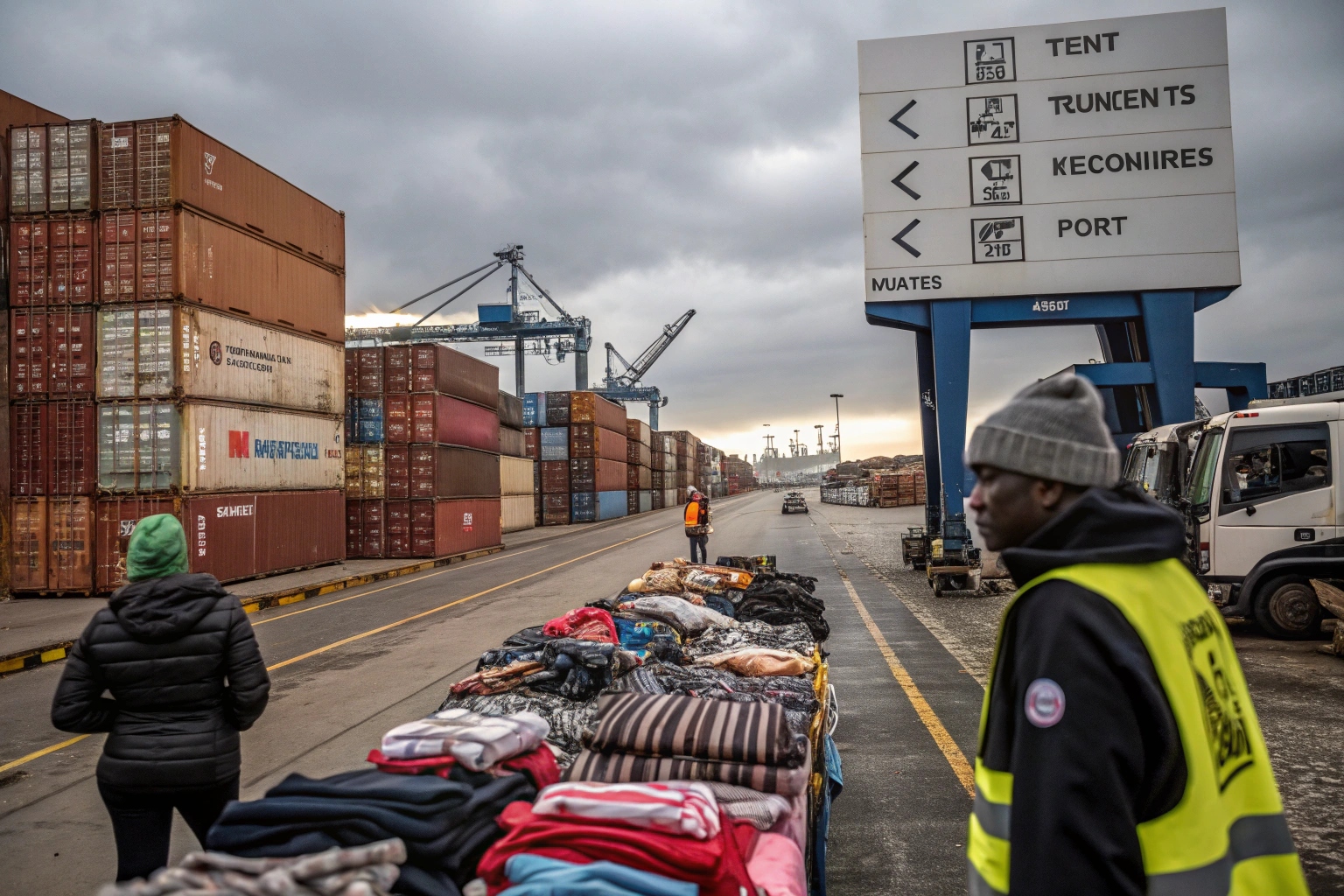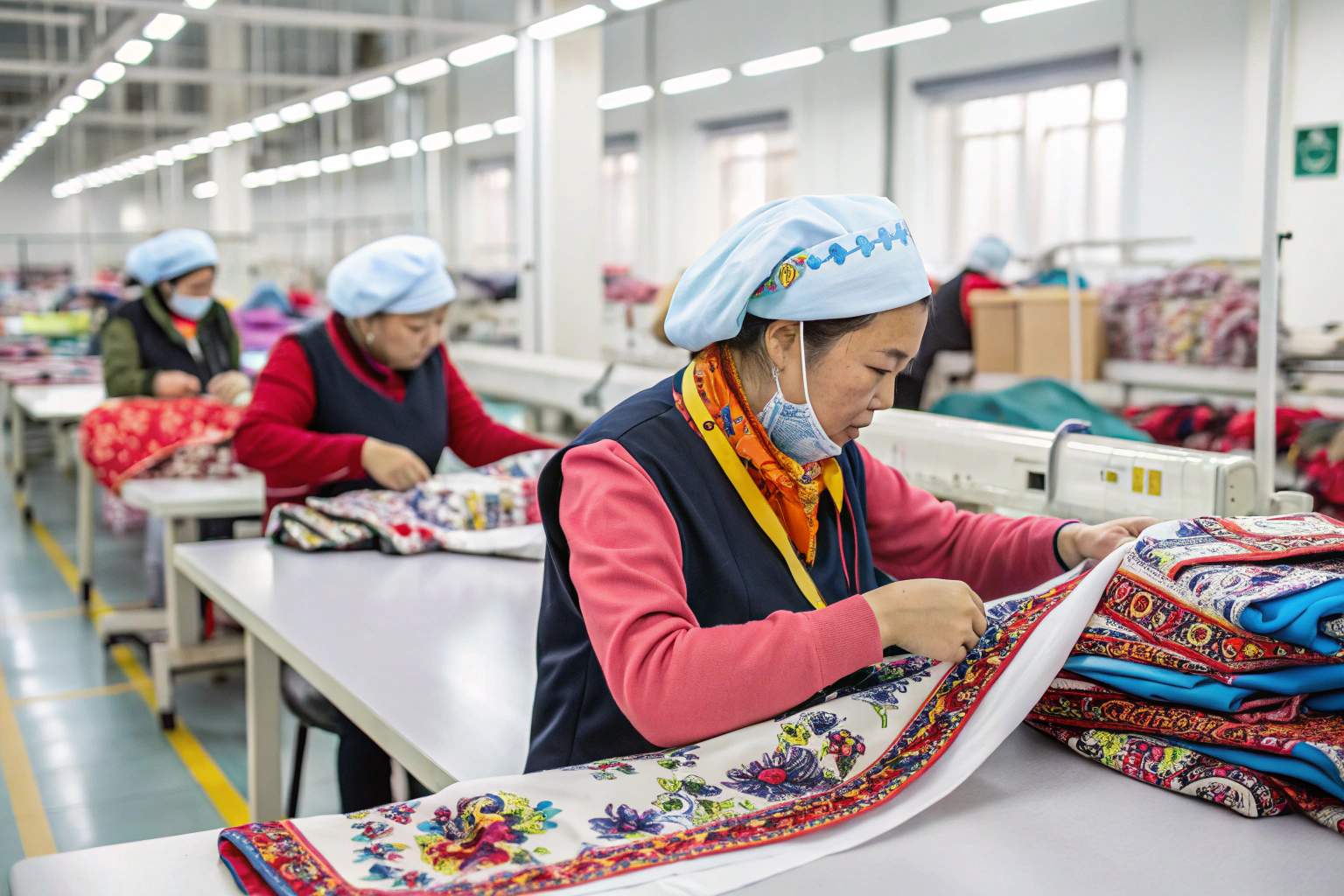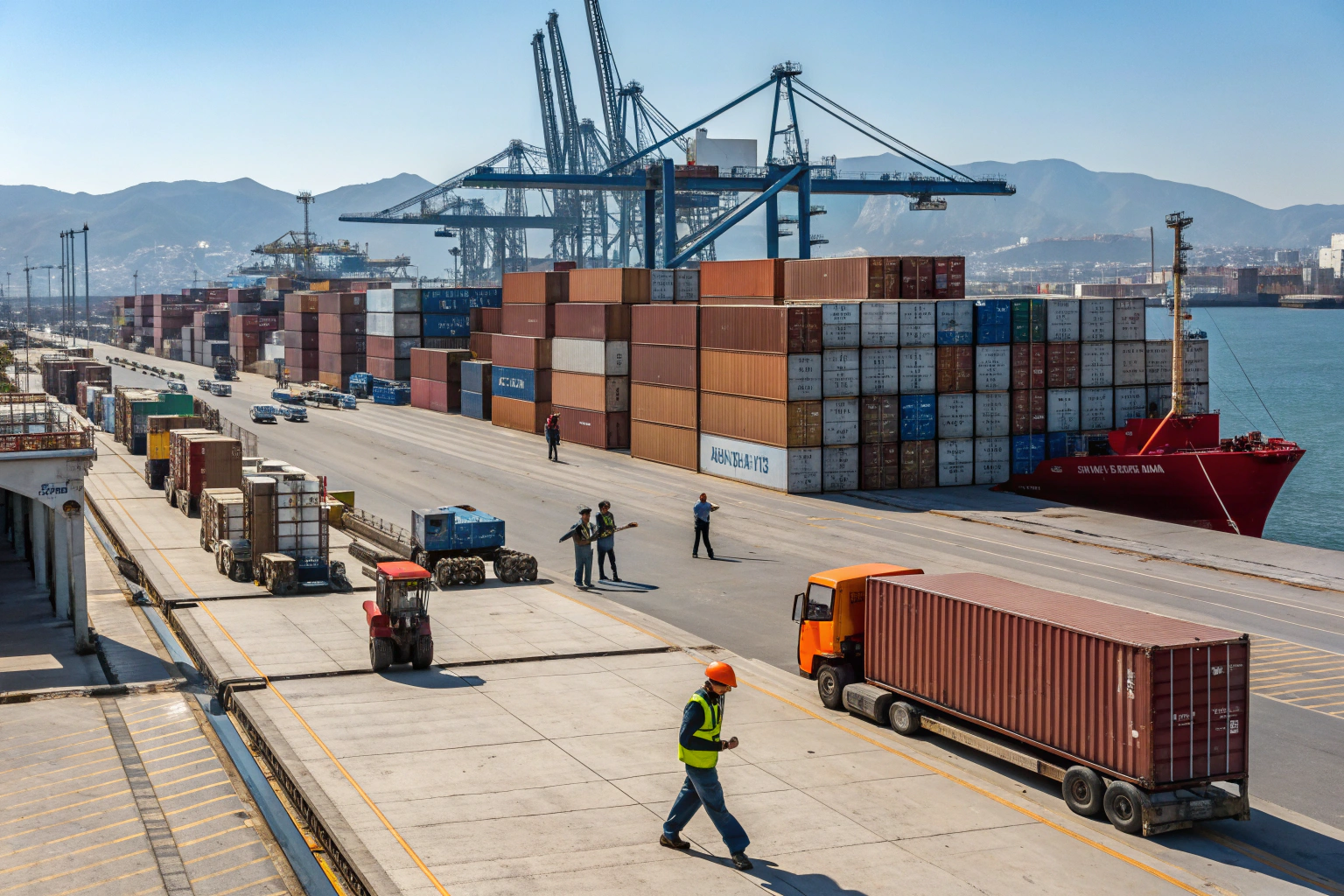Shipping scarves, belts, or hats from China is already a time-sensitive process—but if your containers get stuck at port, costs can escalate fast. That’s where demurrage and detention come into play.
Demurrage and detention are extra charges you pay when containers stay too long at the port or outside the terminal. These fees can quickly add up and hurt your margins if not managed properly.
At AceAccessory, we’ve seen importers lose thousands just because of a late truck or a missing document. Here’s how to avoid falling into that trap.
What are the damages for detention and demurrage?
Most importers don’t expect to pay more once their goods arrive at port. But storage fees and penalties can surprise you—and they get worse the longer you wait.
Demurrage fees apply when a container stays too long at the terminal. Detention fees apply when a container isn’t returned to the shipping line on time. Both are charged daily and can exceed $200/day per container.
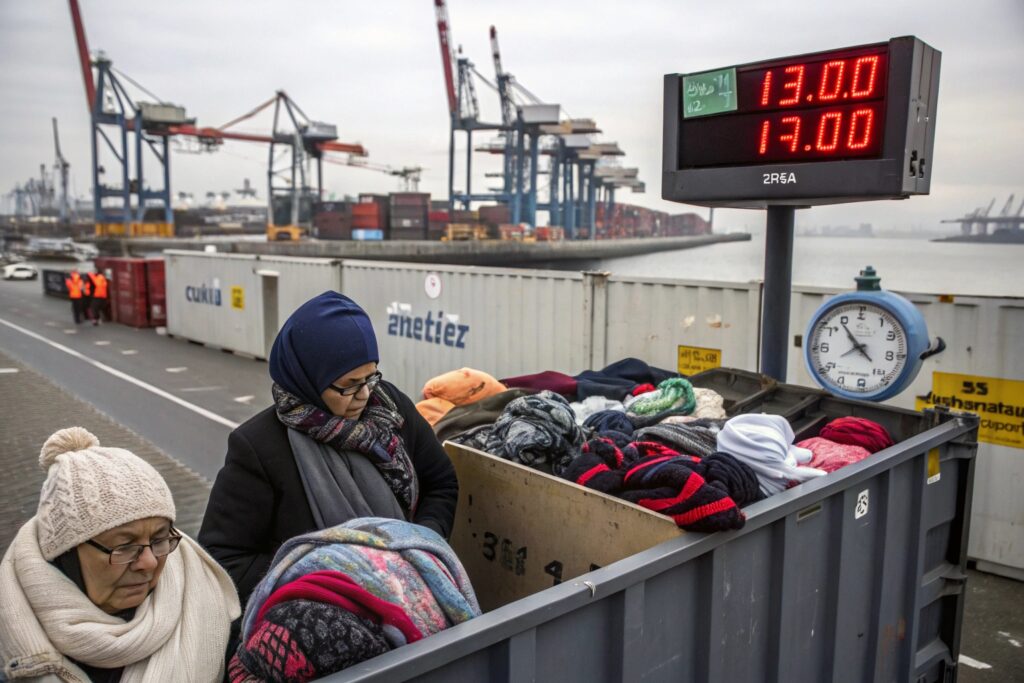
Typical Fee Ranges for U.S. and EU Ports
| Fee Type | Description | Cost Range (Per Day) | When It Applies |
|---|---|---|---|
| Demurrage | Container stuck at port terminal | $75 – $300+ | After free days expire (3–5 days avg.) |
| Detention | Container not returned after delivery | $100 – $250+ | After return window expires (7–10 days avg.) |
| Storage Fee | Charged by terminal or depot (not carrier) | Varies | For overstaying in warehouse or depot |
AceAccessory monitors every shipment with real-time alerts and forwarder coordination. We notify clients 48 hours before demurrage starts to help them avoid unnecessary costs.
What is demurrage risk?
Demurrage is more than just a fee—it’s a symptom of deeper logistics issues. If you’re frequently paying demurrage, your import process may need a serious overhaul.
Demurrage risk refers to the potential of incurring fees when containers remain at the port beyond the allowed “free days.” This risk increases when documentation, customs, or trucking is delayed.

Common Causes of Demurrage for Accessory Importers
- Delayed Customs Clearance: Missing HS codes, incorrect invoice values, or random inspections.
- Late Bill of Lading: When the shipper doesn’t send documents in time.
- Port Congestion: Especially during peak season (Oct–Jan).
- Trucker Scheduling Issues: No driver available to pick up within free window.
- Payment Delays: Importer hasn’t paid freight or local fees on time.
To reduce risk, AceAccessory offers a DDP option and keeps all customs documents prepared before the container lands.
What is the difference between demurrage and container detention?
These two terms confuse even seasoned importers. Both are penalties—but they apply at different stages and come from different players in the supply chain.
Demurrage is charged by the port or terminal when your container stays there too long. Detention is charged by the shipping line when the container isn’t returned on time after leaving the terminal.
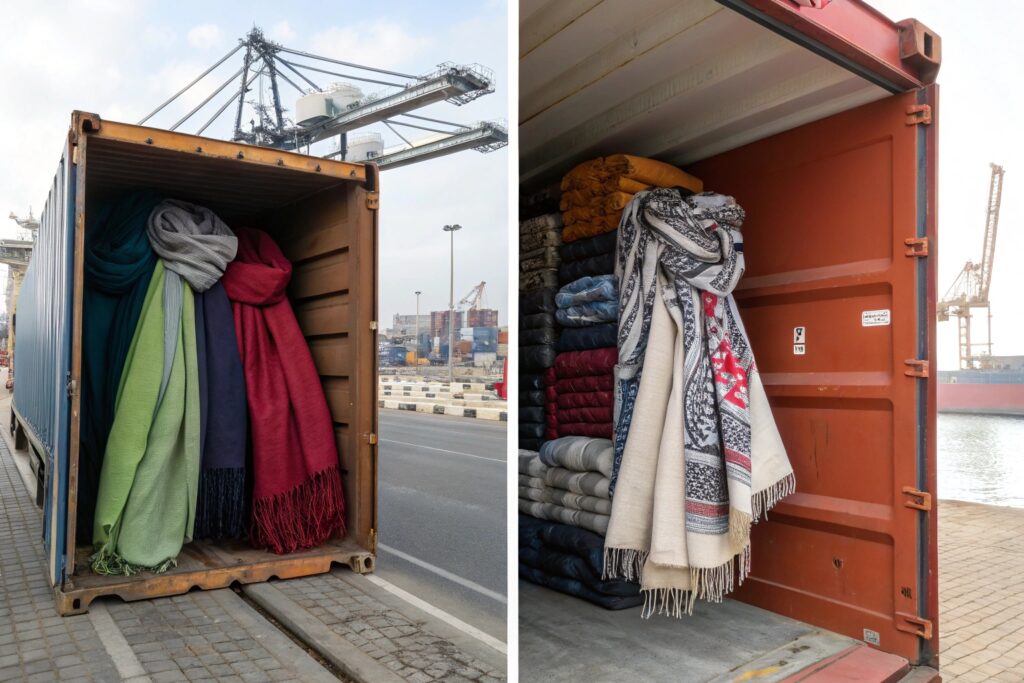
Side-by-Side Comparison
| Factor | Demurrage | Detention |
|---|---|---|
| Charged By | Port terminal | Shipping line |
| When It Applies | After free days at the terminal | After container leaves terminal |
| Who's Responsible | Importer or forwarder | Importer or consignee |
| Avoided By | Clearing and picking up on time | Returning container on schedule |
At AceAccessory, we use digital TMS (transportation management systems) to ensure all containers are tracked and returned within deadline windows.
What is the issue of demurrage?
The issue isn’t just the cost—it’s the lack of transparency and coordination that leads to these costs. Demurrage often results from poor communication between suppliers, forwarders, customs agents, and truckers.
The main issue with demurrage is its unpredictability and high cost, especially when ports are congested or documents are incomplete. It reflects weak coordination in the logistics chain.

How Demurrage Affects Small & Medium Accessory Importers
- Unexpected Cost Spikes: Cutting into margins for low- to mid-value goods.
- Missed Retail Deadlines: Especially during holiday or seasonal launches.
- Reputation Risk: Buyers blame you for late delivery—even if port is the issue.
- Operational Disruption: Delays in warehouse planning or last-mile logistics.
AceAccessory solves this by offering door-to-door DDP services, meaning we take on the risk of customs delays and proactively manage pickup and return windows.
Conclusion
Demurrage and detention are silent profit killers in the accessory supply chain. With proper planning and real-time logistics support, you can avoid these risks and keep your shipments—and your business—on track.

